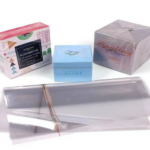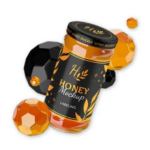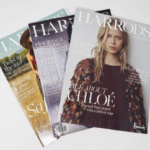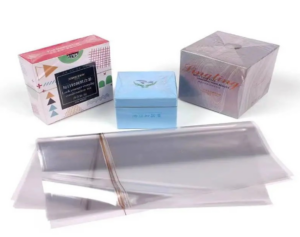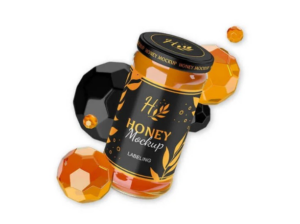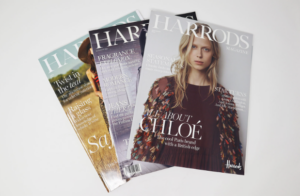Many kitchens worldwide wrap food and cover dishes with aluminum foil before storing or cooking. Its functions go beyond cooking. Aluminum foil from China Aluminum Foil manufacturers has surprising uses in science, art, and crafts. This essay explores aluminum foil’s unexpected applications and health benefits.
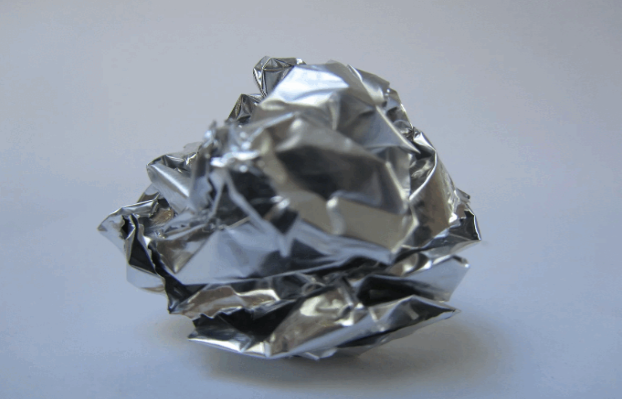
Unexpected Aluminum Foil Uses
- Art and crafts:
Aluminum foil’s versatility and reflectivity appeal to craftspeople. It may be carved, embossed, or painted. Because it reflects, it produces stunning art surfaces.
- DIY, electronics:
EMI is blocked by aluminum foil in electronics. DIYers build antennas, capacitive touch sensors, and other devices. For emergency repairs, its conductivity facilitates temporary electrical connections.
3: Horticulture and gardening
Horticulture employs aluminum foil extensively. Sunlight reflection increases plant photosynthesis and growth. Baby trees may be safeguarded against rodents by foiling their bases. Aluminum foil reflecting surfaces deter birds from devouring crops.
- Cleaning and Maintenance:
The abrasive roughness and malleability of aluminum foil from China Bopp film manufacturers clean and shine household products. Roll it into a ball to scrub rigid pot and pan stains, or wrap it around a sponge for added power. Aluminum foil may chemically clean tarnished silverware and sharpen scissors.
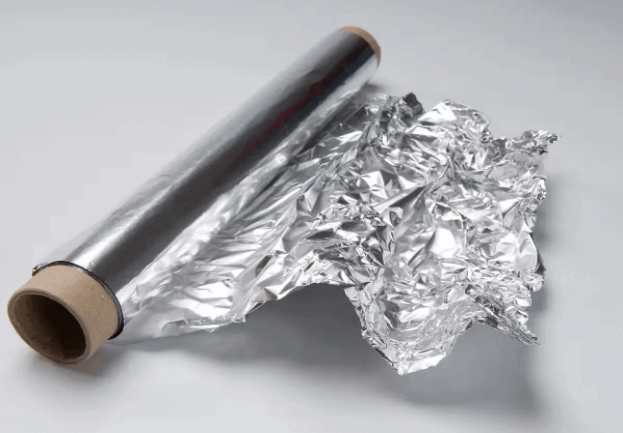
- Energy Efficiency and Insulation:
As a radiation barrier, aluminum foil may improve insulation and energy efficiency in construction and home renovation. Reflecting radiant heat keeps buildings cooler in summer and warmer in winter, reducing heating and cooling demands. In hot, costly cooling areas, this is prevalent.
- Prepare for emergencies:
Emergency supplies need aluminum foil. It can make cooking utensils, signal for help, and create shelters. In resource-poor survival situations, its flexibility and durability are crucial.
Human Health Effect
Despite its versatility, aluminum foil may be harmful. Aluminum foil is used in cooking, food storage, and everyday things, creating concerns.
- Aluminum in Food Preparation:
Aluminum foil may leak metal into acidic or salty dishes. High heat and extensive cooking accelerates this. Moderate aluminum consumption is harmless, while excessive intake may affect brain function.
- Aluminum-Based Cosmetics and Antiperspirants:
Aluminum compounds in popular antiperspirants and cosmetics suppress sweat glands and smooth skin. Aluminum absorption may harm the skin. More study is required to connect aluminum to breast cancer or Alzheimer’s.
- Effect on Environment:
The production and disposal of aluminum foil may affect the environment. Aluminum mining and refining damage and ruin environments, while foil dumping fills landfills. Aluminum foil is more complicated to recycle than other aluminum products owing to food residues.
- Safety Advice:
Reduce aluminum foil from China Aluminum Foil suppliers cooking risks by following safety procedures. Aluminum foil should not touch acidic or salty foods while grilling or baking. Place food in parchment paper or other non-reactive wrap.
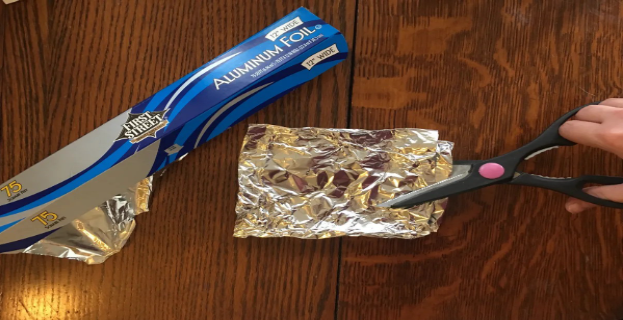
- Consumer and regulatory awareness
FDA and EFSA control aluminum in food and consumer products. Consumers should be aware of aluminum exposure risks. Alternatives to aluminum foil and careful food handling may lessen health concerns.
Aluminum foil use tips for efficiency and prevention:
- Avoid high-temperature cooking to avoid:
Avoid using too much aluminum foil while grilling or broiling. These methods may accelerate aluminum transport into food. Try these alternatives to parchment paper or silicone baking mats for lining trays and pans.
- Use non-reactive containers:
Avoid wrapping acidic or salty foods in aluminum foil while keeping them. To avoid aluminum leaks, use glass or stainless steel containers.
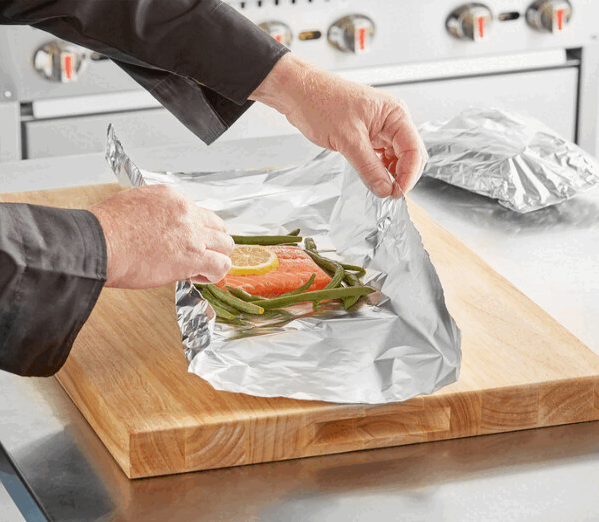
- Avoid prolonged zinc contact:
If you wish to cook or store food using aluminum foil, limit direct contact. Putting parchment paper or plastic wrap between the foil and the food in the oven makes this possible.
- Avoid cooking on damaged aluminum foil:
Get aluminum foil without rips, holes, or other damage before using it. Avoid foil with damaged surfaces because aluminum may leach into food.
- Avoid aluminum foiling acidic foods:
Tomatoes, citrus fruits, and vinegar-based marinades may react with metal foil and promote metal migration. Thus, they should not be wrapped or cooked in metal foil.
Various recommendations may mitigate health hazards:
- Develop moderation habits:
To reduce metal exposure in the kitchen, use aluminum foil sparingly and cook in various ways. Aluminum foil may be helpful.
- Use Many Food Preparation Tools:
If metal migration worries you, consider glass, ceramic, or silicone bakeware before buying. Aluminum foil has problems that these alternatives don’t.
- Store food safely:
Transfer leftovers to non-reactive containers before refrigerating. This ensures appropriate preservation. This prevents extended metal foil contact.
- Educate Yourself:
Keep up on the latest research and health warnings regarding aluminum exposure. When using aluminum foil in your kitchen, you must make informed decisions.
- Consider alternatives:
Try different food packaging and storage techniques to decrease your aluminum foil use. Beeswax wraps, silicone bags and glass containers are examples.
One last thought
Aluminum foil from China Bopp film suppliers flexibility and ease of use make it popular beyond the kitchen. Its versatility and shine make it worthwhile for crafts, home upkeep, and emergencies. Correct information and safety protections should guide health decisions. Knowing the risks and taking precautions lets customers use aluminum foil safely.

